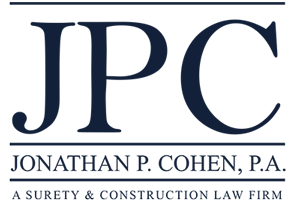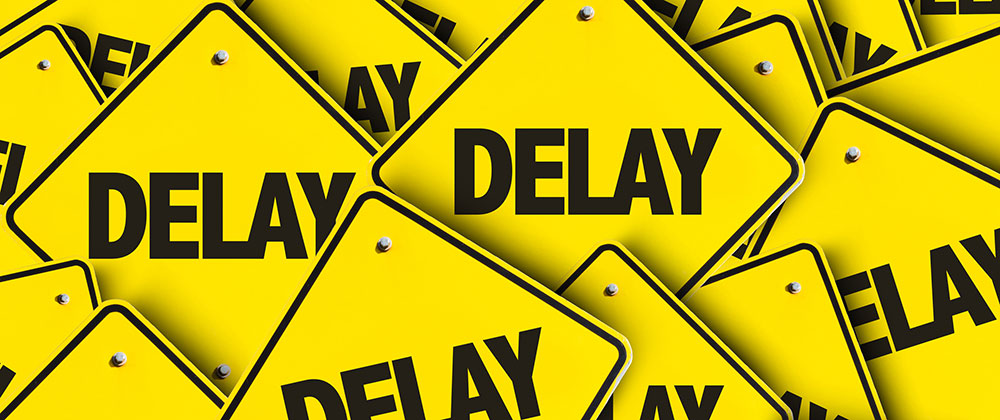Are You Experiencing Unreasonable?
It can be very frustrating for homeowners who hire contractors and pay them a percentage upfront when the contractors fail to start the work or obtain the necessary permits on time. Home renovation and improvement projects require contractors to expend both time and effort, and homeowners also devote a significant amount of time planning their projects and finding contractors to handle the work. If you have retained a contractor to perform work on your home, you might feel powerless when the contractor continues to delay getting started. Fortunately, Florida provides some legal remedies when contractors unduly delay starting their projects. Attorney Jonathan P. Cohen, Esq. can help you assert your rights and seek remedies for a contractor’s failure to perform under your contract. Here is what you need to know about unreasonable delays in contract performance in Florida.
When Contractors Must Get Permits and Begin Work
Under § 489.126, Fla. Stat. (2021), contractors are required to do a couple of things within set deadlines once they have received initial payments exceeding 10% of the contracted price. If you paid the contactor a deposit of more than 10% for the work on your home, the contractor must do the following things under the law:
- If permits are required under local codes or ordinances, the contractor must apply for any required permits no later than 30 days after he or she has received your initial payment.
- Once any required permits are issued, the contractor must begin work on your home within 90 days.
These deadlines apply unless you have agreed with the contractor in writing to extend them. If no permits are required for your project, then the contractor must begin work on your project within 90 days of entering into your contract and receiving your initial payment of more than 10% of the contract price.
If your contractor fails to apply for the required permits within 30 days or to begin work within 90 days of the permit’s issuance date, you must notify the contractor in writing about your demands. This notice should be sent by certified, return-receipt mail and include the following demands:
- The contractor must immediately apply for the permits, or
- The contractor must begin work on the project, or
- The contractor must refund your payment in full.
Contractors won’t have to immediately apply for permits, begin the work, or refund the initial payments if they have just cause for the delay. However, if your contractor fails to do anything within 90 days following the date your certified letter was received, a presumption that the contractor does not have just cause will be created.
What Are the Penalties for Unreasonable Delays by Contractors?
If you have paid a contractor more than 10% of the agreed-upon price in your contract, he or she can face penalties, both civil and criminal, for an unreasonable delay in applying for permits or beginning the work. On the civil side, there could be claims against the contractor for conversion or civil theft. Criminally, the severity of the penalty will depend on how much you paid the contractor as an initial payment:
- If you paid the contractor less than $1,000, it is a first-degree misdemeanor carrying the potential of up to 12 months in jail and/or a fine of up to $1,000
- If you paid the contractor between $1,000 and $19,999, it is a third-degree felony carrying the potential of up to five years in prison and/or a fine of up to $5,000.
- If you paid the contractor between $20,000 and $199,999, it is a second-degree felony carrying the potential of up to 15 years in prison and a $10,000 fine.
- If you paid the contractor $200,000 or more, it is a first-degree felony carrying the potential of 30 years in prison and a fine of up to $10,000.
Get Legal Help For Contractor Delays
If you are involved in a contract dispute with a contractor that refuses to begin work even though he or she has received an initial payment from you, talk to an experienced attorney at the Law Offices of Jonathan P. Cohen, P.A. Jonathan P. Cohen, Esq. has fought for his clients’ interests since 2005 and can help you understand the legal remedies that might be available. Call us today at (954) 462-8850 to request a consultation.
The information provided in this article does not, and is not intended to, constitute legal advice. The content in this article is presented for general informational purposes only.

